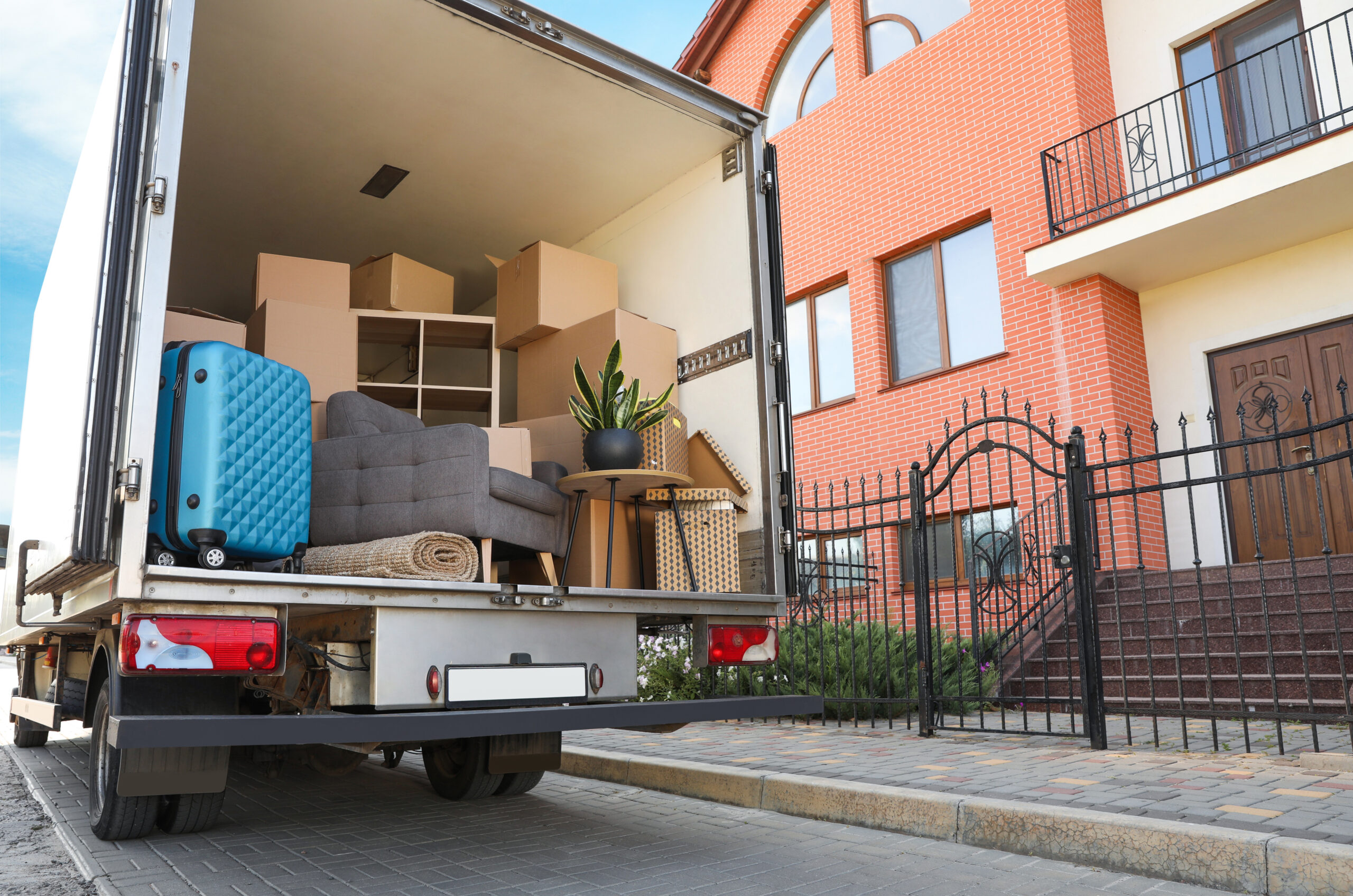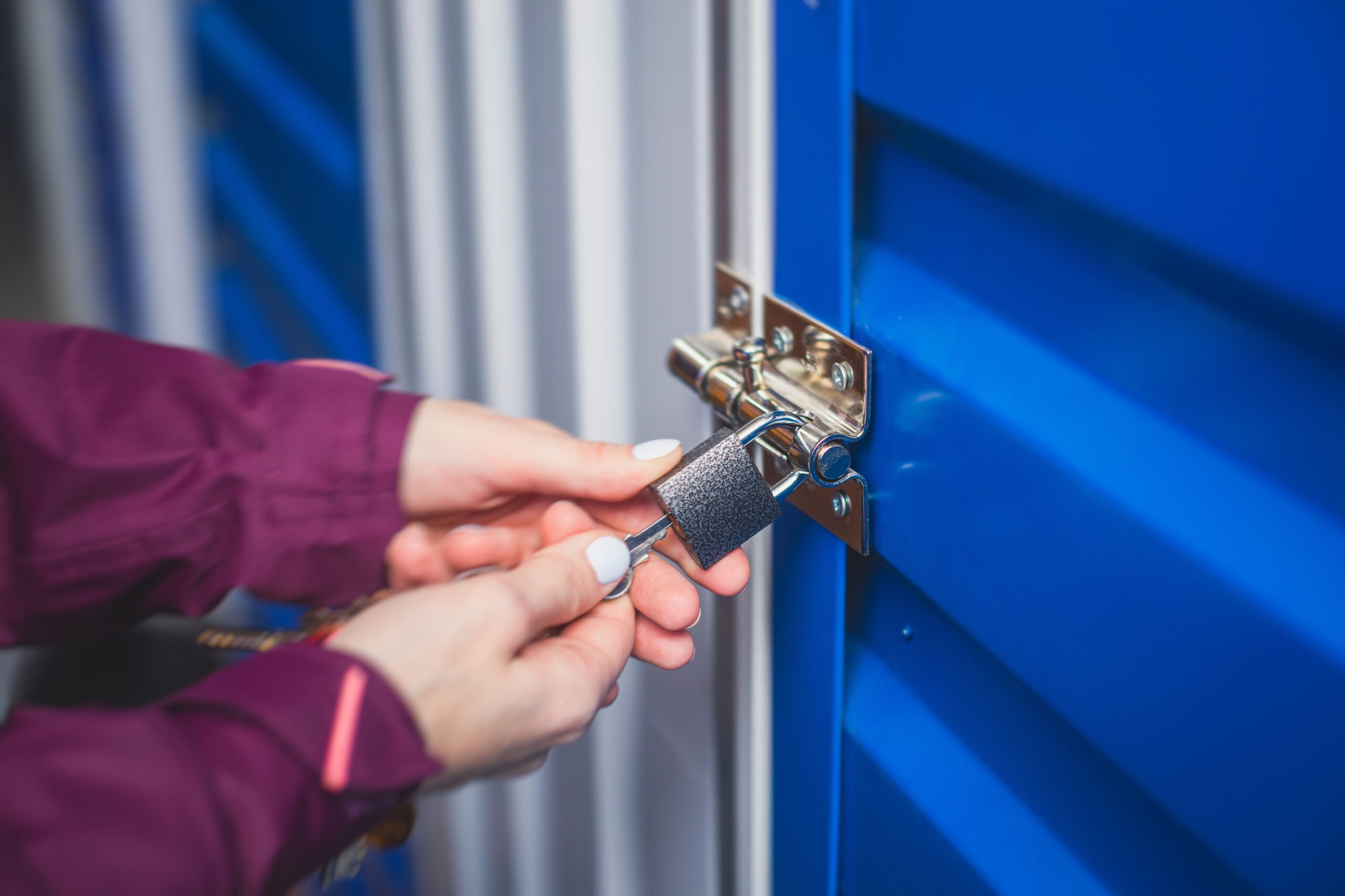In today’s fast-paced world, space often comes at a premium. Whether you’re a homeowner, renter, or college student, the need for extra storage is a common issue. But before you head out to rent a storage unit, it’s essential to know what to bring along to make the process smooth and hassle-free.
This guide will walk you through everything you need to ensure your storage rental experience is as seamless as possible.
Why Rent a Storage Unit?
Extra Space for Homeowners – Homeowners often accumulate items over the years that they don’t use daily but aren’t ready to part with. This can include seasonal decorations, old furniture, and sentimental items. A storage unit provides the perfect solution for keeping these belongings safe while freeing up space in your home.
Simplifying Life for Renters – Renters, especially those in smaller apartments, may find themselves short on storage space. A storage unit can be a lifesaver, offering a place to store off-season clothing, sports equipment, and other items that can clutter up a small living space.
Perfect Solution for College Students – For college students, especially those who move frequently, a storage unit offers a safe place to keep belongings during breaks and between semesters. It eliminates the hassle of moving everything back home and then back to campus again.
Essential Documents to Bring
Valid Identification – When renting a storage unit, you’ll need to provide valid identification. This could be a driver’s license, passport, or any other government-issued ID. The storage facility will need this to verify your identity and complete the rental agreement.
Proof of Address – In addition to your ID, you’ll likely need to provide proof of address. This can be a utility bill, lease agreement, or any official document that shows where you live. This helps the storage facility verify your current residence.
Rental Agreement – Many storage facilities will have you sign a rental agreement. This document outlines the terms and conditions of your storage unit rental, including payment terms, rules, and regulations. Make sure to read this carefully and understand what you are agreeing to.
Flexible Payment Methods for Your Storage Unit Rental
Credit or Debit Card – Most storage facilities accept credit or debit cards for payment. This is usually the easiest and most convenient way to pay your monthly rental fee.
Electronic Payments – Some storage facilities accept electronic payments or direct bank transfers. Check with your storage facility to see which payment methods they accept.
Cash Payments – While less common, some storage facilities may accept cash payments. If you prefer this method, it’s essential to confirm this with the facility beforehand.
Security Measures
Lock for Your Unit – While some storage facilities provide locks, it’s always a good idea to bring your own high-quality lock. This ensures that only you have access to your unit and provides an extra layer of security for your belongings.
Insurance for Your Belongings – Many storage facilities offer insurance plans for your stored items. While not always mandatory, it’s highly recommended to protect your belongings from theft, damage, or unforeseen events.
Personal Inventory List – Creating a personal inventory list of the items you plan to store can be incredibly helpful. This not only helps you keep track of what’s in your unit but can also be useful if you need to file an insurance claim.

Packing Supplies
Sturdy Boxes – Bringing sturdy boxes to pack your items is crucial. Opt for high-quality boxes that can withstand being stacked and moved around without collapsing.
Bubble Wrap and Packing Paper – To protect fragile items, bring along bubble wrap and packing paper. These materials help cushion your belongings and prevent breakage during transport and storage.
Labels and Markers – Labeling your boxes can save you a lot of time and frustration later. Use markers to clearly label each box with its contents and any special handling instructions, like “Fragile” or “This Side Up.”
Preparing Your Items for Storage
Clean and Dry – Before storing your items, make sure they are clean and dry. This helps prevent mold, mildew, and pests from becoming an issue while your items are in storage.
Disassemble Furniture – If possible, disassemble large furniture items. This makes them easier to move and store and can help maximize the space in your storage unit.
Use Protective Covers – Cover furniture and mattresses with protective covers to keep them clean and free from dust and dirt. Many storage facilities sell these covers, or you can bring your own.
Moving Equipment
Dollies and Hand Trucks – Using dollies and hand trucks can make moving heavy items much easier. Check if your storage facility provides these, or consider renting or bringing your own.
Moving Blankets – Moving blankets can protect your belongings from scratches and damage during transport. They are especially useful for larger items like furniture and appliances.
Straps and Bungee Cords – Use straps and bungee cords to secure your items during transport. This helps prevent shifting and damage while moving your belongings into the storage unit.

Choosing the Right Storage Unit
Size Matters – Consider the size of the storage unit you need. Storage units come in various sizes, so think about the volume of items you plan to store and choose accordingly.
Climate Control – If you have items sensitive to temperature and humidity, opt for a climate-controlled unit. This protects your belongings from extreme weather conditions.
Location and Accessibility – Choose a storage facility that is conveniently located and offers easy access to your unit. Some facilities offer 24/7 access, while others have specific hours of operation.
Understanding Storage Facility Policies
Late Payment Policies – Be aware of the storage facility’s policies regarding late payments. Some facilities may charge late fees or lock you out of your unit if payments are not made on time.
Rules and Regulations – Each storage facility will have its own set of rules and regulations. Make sure you understand these before signing the rental agreement to avoid any issues later.
Termination Notice Requirements – Know the facility’s termination notice requirements. This information is crucial if you plan to move out and need to terminate your rental agreement.
Benefits of Using a Storage Unit
Declutter Your Home – One of the most significant benefits of using a storage unit is the ability to declutter your home. This can make your living space more comfortable and functional.
Secure Storage for Valuables – A storage unit provides a secure place to store valuable items that you may not have room for at home. This includes things like family heirlooms, important documents, and other valuable possessions.
Flexible Storage Solutions – Storage units offer flexible solutions for short-term and long-term storage needs. Whether you’re moving, renovating, or just need some extra space, a storage unit can accommodate your needs.
By knowing what to bring and how to prepare, you can ensure a smooth and hassle-free experience. For more tips on making the most of your storage unit, or to get personalized advice, contact our team at Storage America today!

